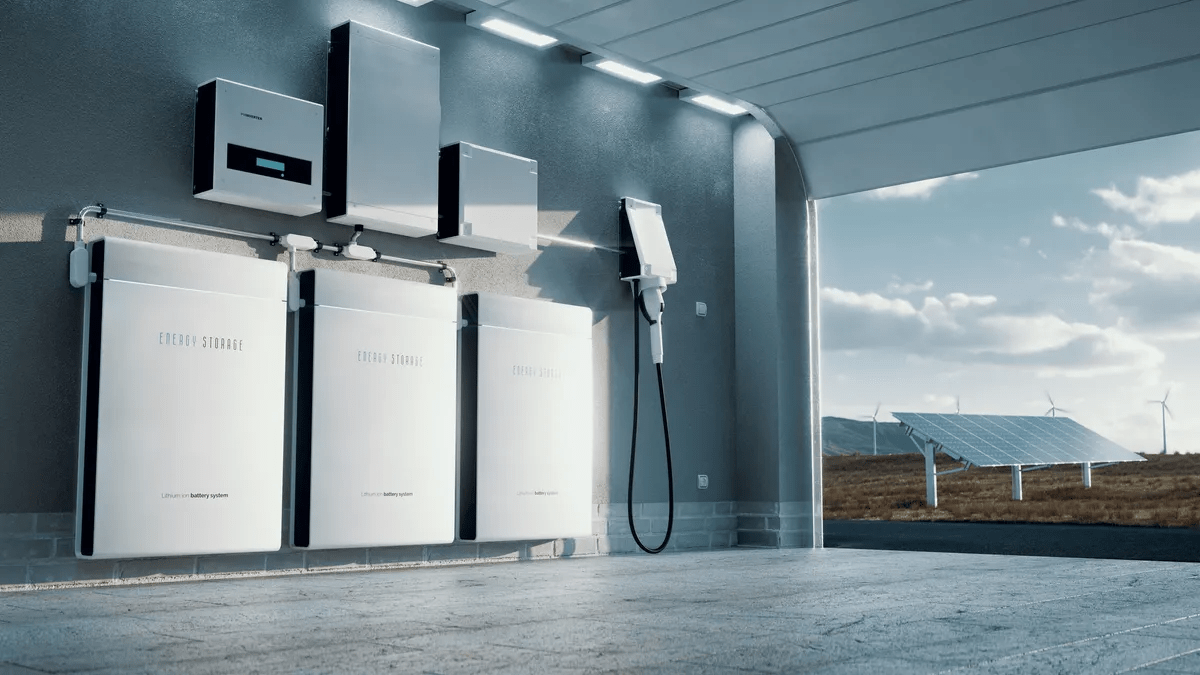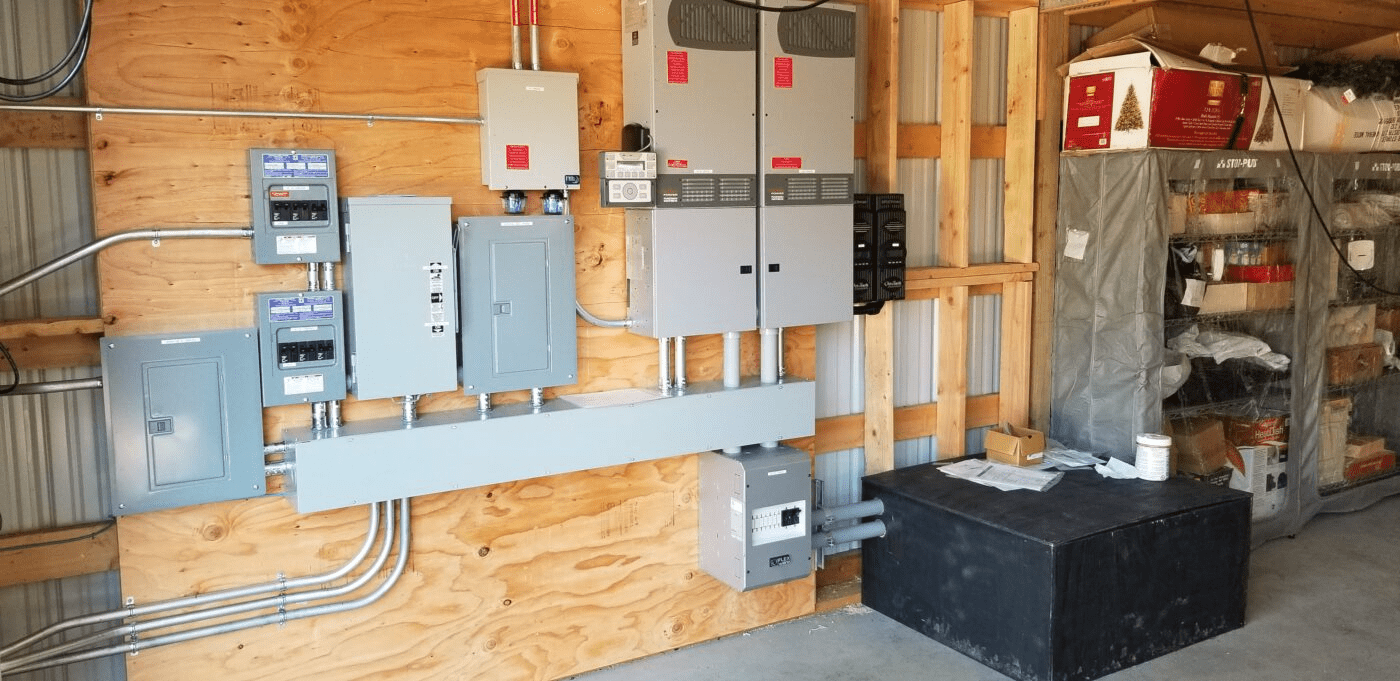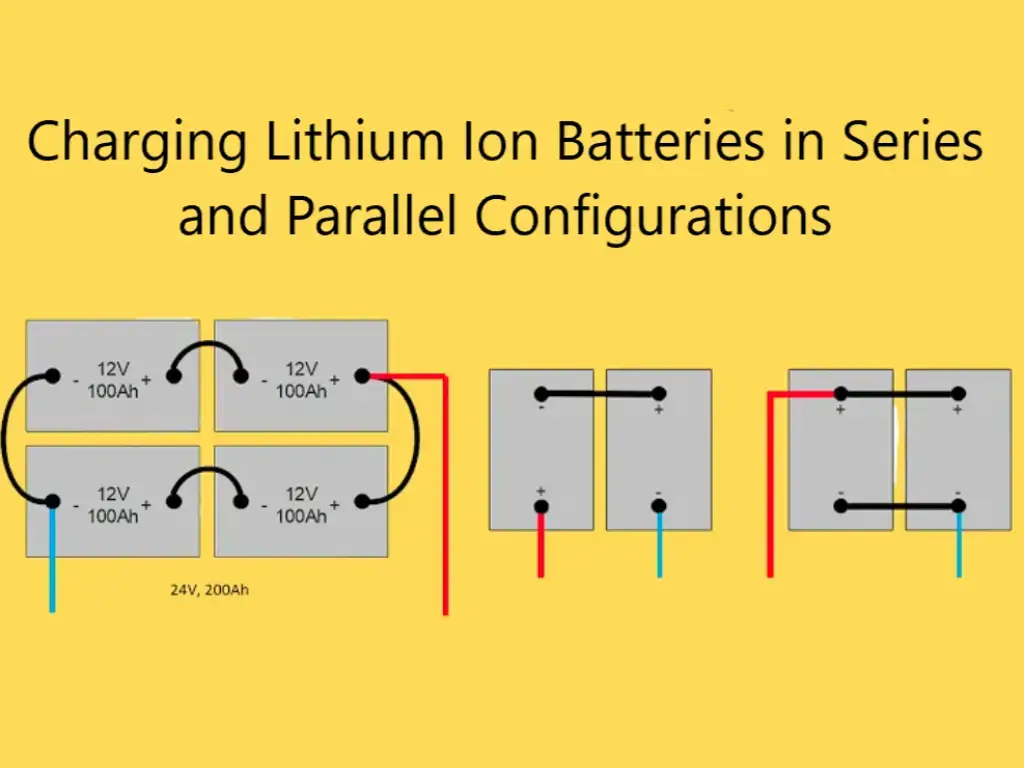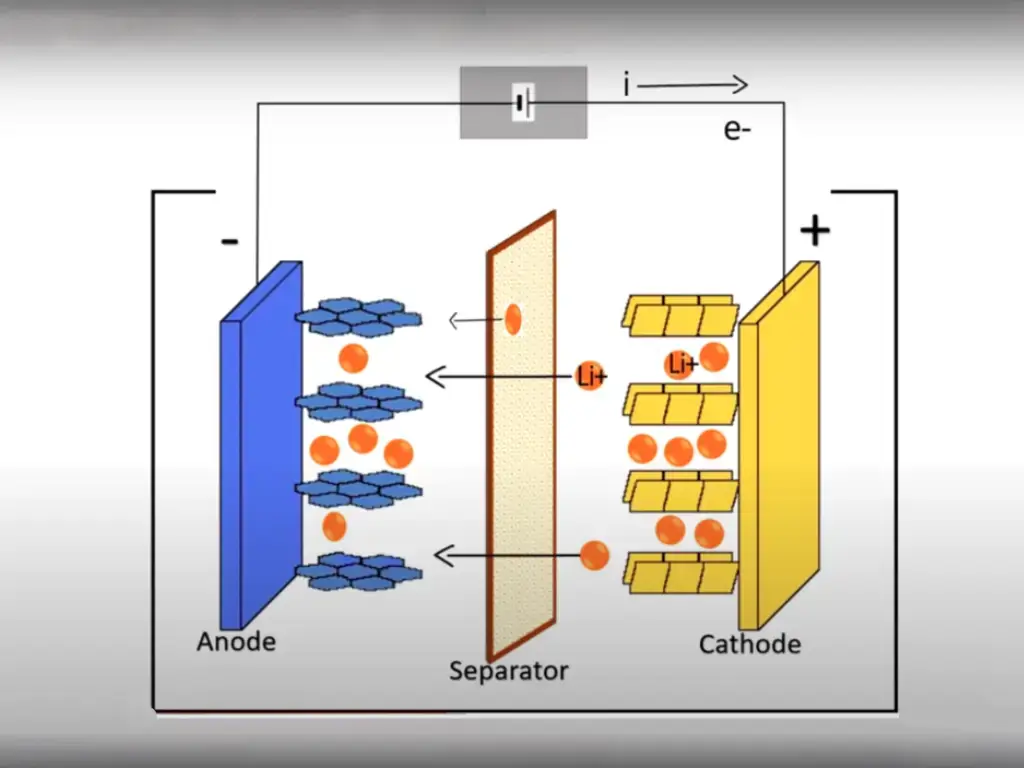Power outages can happen anytime, often without warning. When they do, families find themselves grappling with disrupted routines and unexpected challenges. For many, the solution lies in home backup batteries. These devices ensure that even when the regular power grid fails, households can continue to function without a hitch.
A child’s online class, a family dinner, or a critical work project – nothing needs to be put on hold. As people increasingly rely on technology in their daily lives, the need for backup batteries for home use has surged. Such batteries provide not just convenience but also peace of mind, knowing that one’s daily life won’t be thrown into chaos by a sudden lack of electricity. It’s about ensuring reliability in a world where energy is central to almost everything we do.
What is a Battery Backup, and How Does It Work?

A battery backup system is a device that stores energy, so when the main power source fails, this system jumps into action, keeping your devices and appliances running. Think of it as a safety net for your home’s power. When the electricity from the main grid stops, the battery backup power supply steps in to provide the needed energy.
This transition happens so quickly that many times, we don’t even notice the switch. The energy stored in backup batteries for home is often sourced from renewable means, such as solar panels, making it an eco-friendly choice. Moreover, a battery backup power supply for the home is designed to automatically detect when the primary power source is down and switch to its reserve, ensuring an uninterrupted flow of power. This means that even during unexpected power losses, your essential devices and appliances remain operational, offering peace of mind and comfort.
What Are The Components Of A Battery Backup System?
A battery backup system is made up of various parts, each playing a distinct role to ensure continuous power supply. Here are the primary components:
- Battery: This is the heart of the system. It stores electricity for later use.
- Inverter: It’s a device that converts the stored DC (Direct Current) power from the battery into AC (Alternating Current) power, which is what most home appliances use.
- Charger: This component is responsible for refilling the battery with electricity. It draws power from your main supply or solar panels.
- Control System: It manages the flow of electricity, deciding when to charge the battery and when to draw power from it.
- Switch: It detects when there’s a power outage and swiftly switches from the main supply to the backup batteries for the home.
In essence, these components work together to ensure you have a reliable backup power source whenever required.
How Does the Battery Backup Work?
A battery backup system works in a straightforward sequence, ensuring continuous power supply. Initially, the battery is charged, pulling energy from a primary source, often the grid or solar panels. During this charging phase, energy is stored until the battery is full, much like filling a water tank. Once charged, the battery remains on standby, waiting for any interruption in the main power supply.
If there’s a power outage, the battery backup power supply for home quickly takes over. Within moments, this system begins supplying the stored energy to the home, ensuring that lights, refrigerators, and other essential devices continue to work. This transition is seamless, with many homeowners not even noticing the change.
Once the primary power source is restored, the battery backup stops discharging and returns to its charging phase. This cycle ensures that the home battery backup power is always ready to assist when needed, making homes resilient against power outages.
Types of Home Backup Batteries
Today’s market presents a diverse range of backup batteries for home use. Each of these options brings its unique benefits and potential downsides to the table, catering to varied household needs.
1. Lead Acid Batteries
These veterans of the battery domain are well-known for their cost-effectiveness. Many homes have relied on them for years. However, while they’re friendly on the wallet, they tend to have a shorter lifespan and take up a bit more space than some modern alternatives.
2. Lithium-ion Batteries
Currently sitting at the forefront of battery backup for home appliances, lithium-ion batteries are celebrated for their impressive longevity, space-saving design, and rapid charging capabilities. But with superior features often comes a higher cost, making them a notable investment for homeowners.
3. Flow Batteries
A unique entrant in the battery landscape, flow batteries capture energy using liquid mediums. Their significant lifespan and the ability to scale up or down depending on requirements are commendable. Yet, they come with a caveat: a need for a substantial area, which might make them less ideal for homes with space constraints.
Navigating through these options, homeowners can assess their specific requirements and constraints, guiding them to a battery choice that offers the best fit for their homes.
Benefits of Investing in Home Backup Batteries

Securing backup batteries for home use is more than just a safeguard against blackouts; it’s a strategic investment with far-reaching benefits.
- Uninterrupted Power: The primary appeal of a battery backup power supply for homeuse is unwavering energy assurance. Rain, shine, or unexpected grid disruptions, emergency battery backup power systems stand as a steadfast energy reserve, ensuring your household remains operational and comfortable.
- Savings on Electricity Bills:A well-orchestrated battery system can be a financial ally. By storing electricity during off-peak times, when rates are lower, and then using this stored energy during more expensive peak hours, households can witness notable reductions in monthly electricity expenses.
- Increased Home Value:In today’s world, self-sufficiency is prized. Properties that boast a robust battery backup system not only promise uninterrupted power but also gain an edge in real estate valuations. Prospective homeowners see the merit in a house that promises energy reliability.
- Environmental Benefits:A lesser-discussed but equally significant advantage is the environmental angle. Embracing home battery backup power means a reduced reliance on non-renewable energy sources. This shift not only diminishes our individual carbon footprints but also nudges us towards a greener, more sustainable future.
Through these benefits, it becomes evident that battery backups are not just about immediate convenience but also long-term gains – both for homeowners and the environment.
How to Choose a Backup Battery?
Choosing the right backup power battery for your home is crucial for ensuring continuous power during outages. The right battery can mean the difference between darkness and comfort during unexpected interruptions. When selecting the appropriate backup home battery, there are several factors to consider:
- Capacity: How much energy can the battery store? It determines how long your home will remain powered during an outage.
- Lifespan: How many charge and discharge cycles can the battery handle before its performance starts to diminish?
- Charge Rate: How quickly can the battery recharge? A faster rate ensures your battery power backup is ready sooner after being used.
- Type of Battery: Different types, such as lithium battery backup and lead-acid, come with their own pros and cons. For instance, lithium-ion batteries often last longer and can be more efficient.
- Budget: While it’s essential to invest in quality, it’s equally important to find a battery that fits your budget.
What is the Best Battery for Powering a House?
When it comes to reliable batteries for home use, the market presents several contenders. Among them, the Keheng battery manufacturers stand out. As one of China’s top lithium ion battery backup manufacturers, Kaheng offers durable and efficient solutions suitable for prolonged power support.
Their batteries are designed to provide uninterrupted emergency battery backup power, ensuring homes are always illuminated, even during unexpected power failures. They combine longevity with swift charging times, making them an excellent choice for homeowners.
FAQs
How much is a battery bank for a house?
How much battery do I need to power my house?
How long will a 10kW battery power my house?
How much does a whole house battery cost?
Conclusion
The significance of having a reliable power battery backup in today’s homes cannot be overstated. With the increasing unpredictability of power supply due to various reasons, being prepared is not just wise but necessary.
A well-chosen backup home battery ensures that our lives remain undisrupted, offering comfort and security. The peace of mind that comes from knowing that your home will remain functional and safe during power outages is invaluable. Investing in a dependable battery power backup is an investment in uninterrupted living, making every moment at home truly count.




